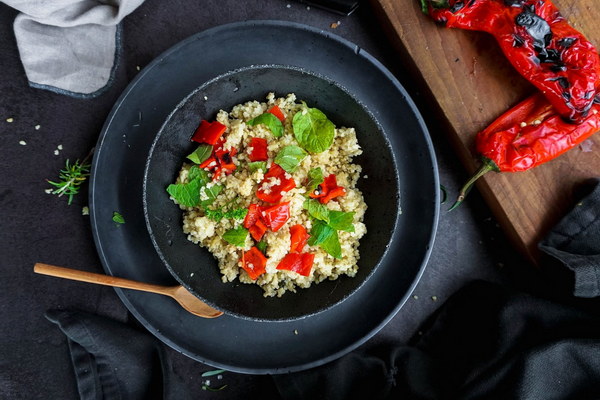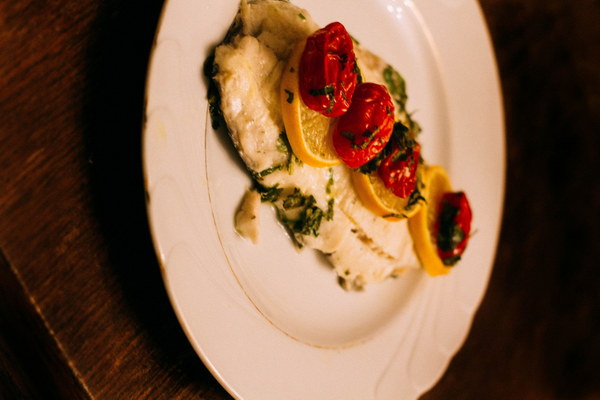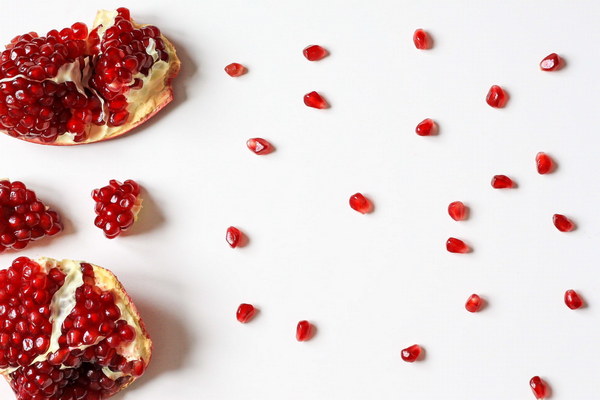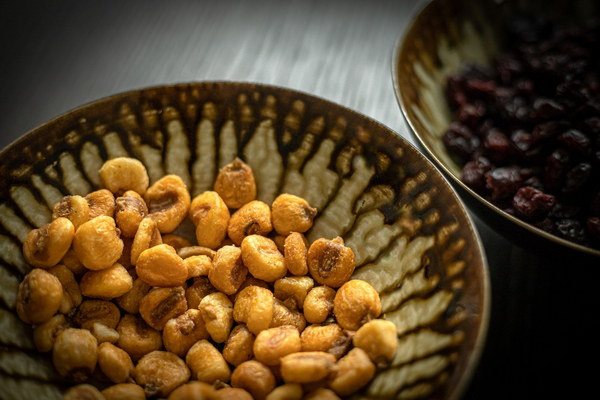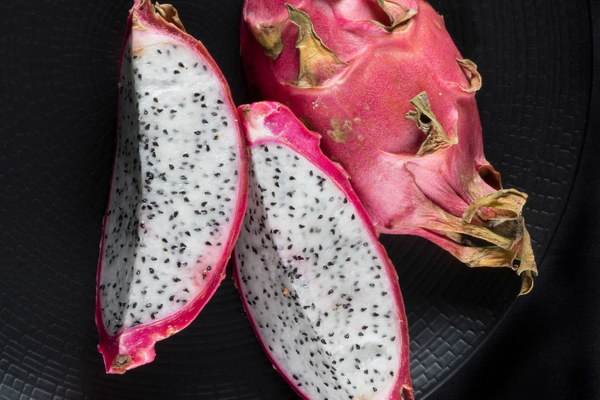Breathe Easy A Healing Diet for Smokers to Detoxify Their Lungs
Introduction:
Smoking is a well-known health hazard that can lead to numerous respiratory problems, including lung cancer. However, it's not too late to take steps to protect and improve your lung health. A healing diet rich in specific nutrients can help detoxify your lungs and alleviate some of the damage caused by smoking. This article will explore a smoking-clearing and lung-detoxifying diet, providing you with the tools to breathe easier and support your respiratory system.
1. Foods High in Antioxidants
Antioxidants are essential in protecting your lungs from the harmful effects of smoking. Incorporate the following antioxidant-rich foods into your diet:
a. Berries: Blueberries, strawberries, raspberries, and blackberries are packed with antioxidants that can help neutralize harmful free radicals.
b. Leafy Greens: Spinach, kale, and Swiss chard are excellent sources of antioxidants, vitamins, and minerals that support lung health.
c. Nuts and Seeds: Almonds, walnuts, chia seeds, and flaxseeds contain antioxidants and healthy fats that help reduce inflammation and protect the lungs.
2. Foods High in Vitamin C
Vitamin C is a powerful antioxidant that can help reduce the risk of lung cancer and improve lung function. Include these vitamin C-rich foods in your diet:
a. Citrus Fruits: Oranges, grapefruits, and lemons are high in vitamin C and can boost your immune system.
b. Kiwi: Kiwis have more vitamin C than oranges and can help improve lung capacity.
c. Red Peppers: Red bell peppers are an excellent source of vitamin C and can help reduce the risk of lung diseases.
3. Foods High in Selenium
Selenium is an essential mineral that plays a crucial role in protecting the lungs from oxidative stress. Consume these selenium-rich foods:
a. Brazil Nuts: Brazil nuts are the highest source of selenium, and just a few nuts per day can provide a significant amount of this mineral.
b. Seafood: Fish like salmon, sardines, and tuna contain selenium and omega-3 fatty acids that can reduce inflammation and support lung health.
c. Meat: Beef, turkey, and chicken are also good sources of selenium.
4. Foods High in Vitamin E
Vitamin E is another potent antioxidant that can help protect your lungs. Incorporate these vitamin E-rich foods into your diet:
a. Almonds: Almonds are a great source of vitamin E, healthy fats, and antioxidants.
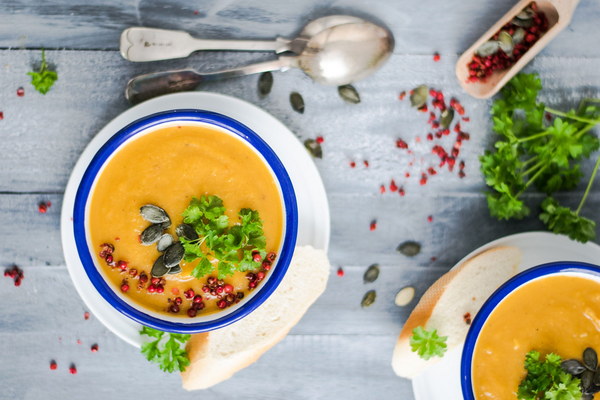
b. Sunflower Seeds: Sunflower seeds are loaded with vitamin E, magnesium, and selenium, making them a lung-friendly snack.
c. Avocado: Avocados are rich in vitamin E, healthy fats, and fiber, making them an excellent addition to a lung-detoxifying diet.
5. Herbs and Spices
Certain herbs and spices can help reduce inflammation and support lung health. Add these to your meals:
a. Turmeric: Turmeric contains curcumin, a compound that has anti-inflammatory properties and can help alleviate lung inflammation.
b. Garlic: Garlic has natural antibacterial and anti-inflammatory properties that can help improve lung function.
c. Ginger: Ginger has anti-inflammatory and expectorant properties that can help clear mucus and improve lung function.
Conclusion:
Adopting a smoking-clearing and lung-detoxifying diet can significantly improve your respiratory health. By incorporating a variety of antioxidant-rich foods, vitamin C, selenium, vitamin E, and beneficial herbs and spices into your meals, you can help protect your lungs from the damaging effects of smoking. Remember that this diet is just one component of a healthy lifestyle, and quitting smoking is the best way to improve your lung health. Consult with a healthcare professional before making any significant changes to your diet or lifestyle.
